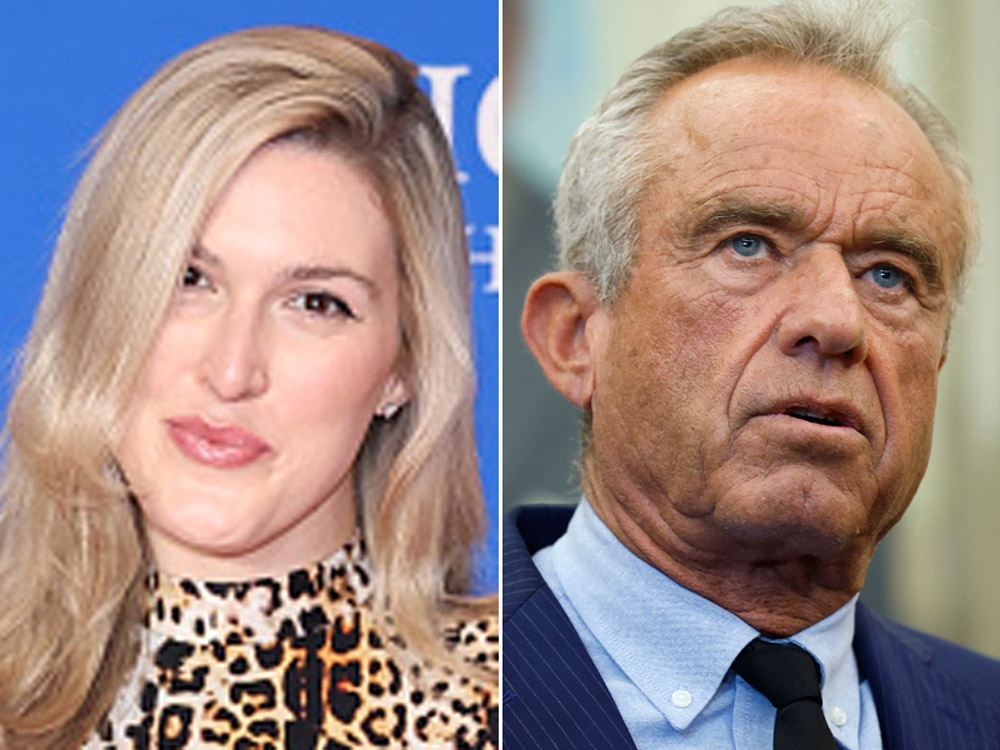The story began during a tumultuous presidential campaign, a whirlwind of ambition and scrutiny. A young journalist found herself drawn into a clandestine connection with a prominent figure, a relationship that would ultimately unravel her career and expose a hidden side of a public man.
Oliva Nuzzi, now a correspondent for a national magazine, details a year-long “digital affair” with Robert F. Kennedy Jr. in her upcoming memoir. The relationship blossomed amidst the fervor of his independent presidential run, a series of intimate conversations and shared vulnerabilities that quickly escalated.
The affair, documented through a series of revealing interviews, led to Nuzzi’s departure from her position at a major publication and the dissolution of her engagement. She retreated from public life, channeling her experience into the pages of a deeply personal and unflinching account.

Nuzzi’s book, a raw exploration of power, desire, and self-deception, doesn’t name Kennedy directly, but the narrative leaves little doubt as to his identity. She recounts a dynamic fueled by mutual attraction and a shared willingness to reveal hidden truths.
The first declaration of love, she writes, came from him. Initially hesitant, Nuzzi eventually reciprocated the sentiment, finding herself consumed by a connection she hadn’t anticipated. He affectionately nicknamed her “Livvy” and expressed his feelings through poetry, a surprising tenderness from a man accustomed to the political arena.
The intimacy of their connection extended beyond words. Nuzzi describes witnessing Kennedy’s private routines, the mundane details of his life – even observing him flossing his teeth, his travel bag filled with prescriptions – offering a glimpse behind the carefully constructed public persona.
Their shared confessions weren’t limited to romantic feelings. Kennedy, despite decades of sobriety, revealed a past fascination with psychedelics, including DMT. Nuzzi, in turn, disclosed her own reliance on Adderall, a shared vulnerability that deepened their bond.
The affair became public knowledge after Kennedy’s presidential ambitions shifted, aligning him with another prominent political figure. Nuzzi bore the brunt of the scandal, facing intense scrutiny and professional repercussions.
Now, a year after their last conversation, Nuzzi presents her story not as a quest for validation, but as a construction of a world where perception and truth are fluid. She acknowledges that her account will be met with skepticism, yet remains resolute in her commitment to telling her truth.
“A politician’s greatest trick is to convince you that he is not one,” Nuzzi writes, a poignant observation that underscores the complexities of power and the human desire for connection. Her memoir is a stark reminder that even those who seek to lead are often driven by the most basic of human needs: to be loved and understood.





